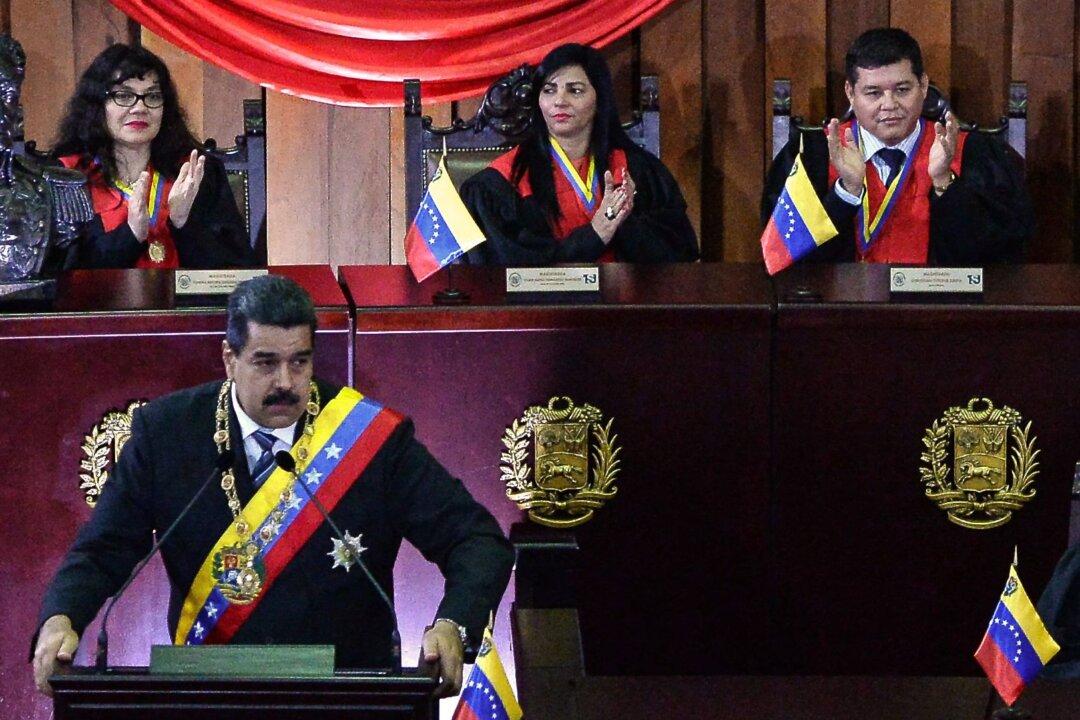Former Venezuelan Supreme Court Justice Christian Zerpa has fled to the United States. He denounced the second term of Venezuelan President Nicolás Maduro who will be inaugurated this week, and told a Miami broadcaster on Jan. 6 he is willing to cooperate with U.S. authorities.
Zerpa’s defection from the South American nation in crisis comes amid growing international pressure on Maduro over his new term due to countries around the world dismissing a broadly boycotted 2018 election vote as a sham.





